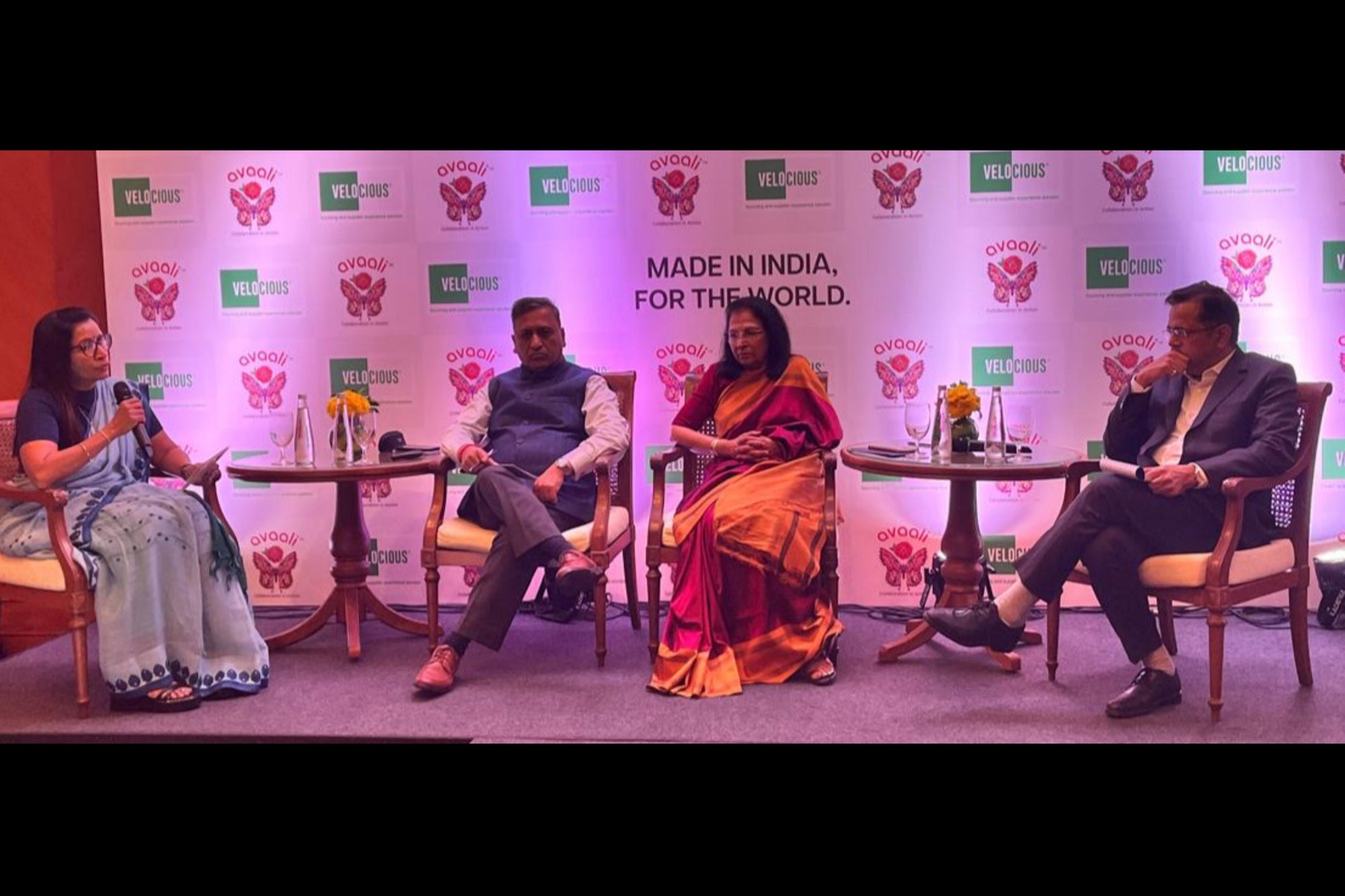Edtech Giant Byju's Acquires Virtual Lab Simulation Platform LabInApp This acquisition will give complete exit to Unitus Ventures from LabInApp
You're reading Entrepreneur India, an international franchise of Entrepreneur Media.

Edtech unicorn Byju's acquired a lab-like virtual simulation platform LabInApp on Thursday. According to media reports, the deal amount has not been disclosed.
Founded in 2015, by Pavan Shinde, Girish Shirigannavar, Pramod Ramdurg and Vinayak Hulabatti, the startup offers science-lab simulation on smartphones and desktops. More than 5,000 schools across India leverage the startup's solution. The app offers a 3D interactive platform which encompasses computer graphics and artificial intelligence for better learning and understanding. The app currently follows NCERT syllabus from Class 6 to 12.
The latest acquisition will provide a complete exit to Unitus Ventures. The venture capital has invested in the firm in 2015-16 along with Sylvant and Sandeep Maheshwari as angel investors.
"Acquisition of LabInApp by Byju's during the course of a global pandemic exemplifies the growth story of innovative ed-tech solutions. Unitus remains steadfast in mentoring early stage startups applying advanced technology to meet the needs of India's lower-income populations and supporting them to scale newer heights," said Will Poole, managing partner, Unitus Ventures.
"Technology has become the core to most human essentials, with edtech topping the chart; especially in the pandemic world. While schools have their set of challenges, students shouldn't miss out on experiential learning...to further scale LabInApp's products and potential, there is no better education platform than BYJU's, which has a large number of K-12 students actively using their services," said Pavan Shinde, co-founder and chief executive officer of LabInApp.
This acquisition came days after Byju's bagged $500 million from global technology investment firm Silver Lake. The company last month acquired Mumbai-based WhiteHat Jr in an all in cash deal.
Booming Edtech Space
The COVID-19 pandemic along with stringent lockdown has proved to be a boon for the edtech sector. As most schools continue to remain, online classes are gaining the momentum. These players are raising funds and are on a spree to acquire small firms to mark their dominance. Bangalore-based Unacademy entered into the prestigious Unicorn club after it raised $150 million from Softbank and others. The startup in July also acquired Chandigarh-based PrepLadder for $50 million to strengthen market dominance.
Mumbai-based Toppr raised in July raised INR 350 crore in Series D round. Another edtech player Vedantu in the same month raised $100 million in Series D round from Coatue.













